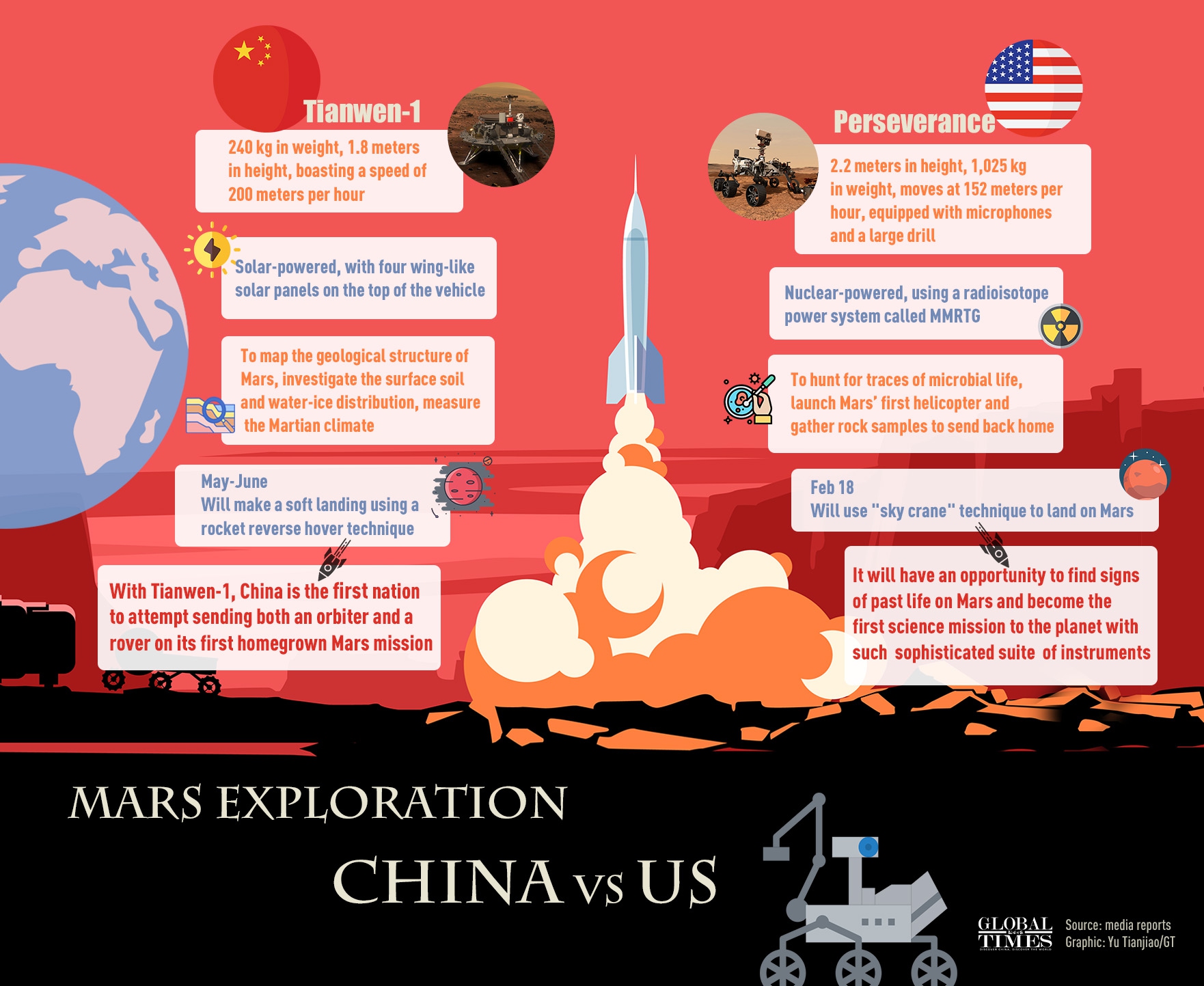Welcome to Learn to Astronomy! In this article, we explore the significant achievement of a country landing on Mars. Discover which nation has successfully accomplished this extraordinary feat and unravel the mysteries of their groundbreaking mission. Join us as we delve into the fascinating world of space exploration and unveil the secrets of this interplanetary endeavor.
Exploring the Red Planet: The Landings on Mars by Different Countries
Exploring the Red Planet: The Landings on Mars by Different Countries
Mars, often referred to as the “Red Planet,” has captured the fascination of scientists and space enthusiasts for decades. Its unique characteristics, including its similar size to Earth and potential for harboring life, make it an intriguing destination for exploration. Over the years, several countries have successfully landed spacecraft on Mars, each contributing to our understanding of this mysterious world.
In 1971, the Soviet Union became the first country to achieve a successful landing on Mars with their spacecraft named Mars 3. Although the mission was short-lived due to technical difficulties, it marked a significant milestone in space exploration.
Following the Soviet Union’s success, NASA, the United States’ space agency, embarked on a series of Mars missions. In 1976, the Viking 1 and 2 landers became the first spacecraft to obtain images and conduct experiments on the Martian surface. These missions provided valuable data on the planet’s geology and weather patterns.
In the 21st century, several nations have joined the quest to explore Mars. In 2003, the European Space Agency (ESA) made history with the Beagle 2 lander, although its mission ended in disappointment as communication was lost shortly after landing.
More recently, NASA’s Mars Science Laboratory, known as the Curiosity rover, has been at the forefront of Martian exploration. Since its dramatic landing in 2012 using a revolutionary “sky crane” technique, Curiosity has been studying the planet’s climate, geology, and potential habitability. Its discoveries, such as the presence of organic compounds and evidence of past water activity, have shaped our understanding of Mars’ history.
In 2021, three new missions successfully arrived at Mars. The United Arab Emirates’ Hope probe, China’s Tianwen-1 mission consisting of an orbiter, lander, and rover, and NASA’s Perseverance rover are all aimed at further advancing our knowledge of the Red Planet. Perseverance, in particular, carries state-of-the-art instruments that will search for signs of ancient life and even collect samples for possible return to Earth in the future.
The international efforts to explore Mars continue to push the boundaries of our understanding of the universe. As different countries contribute their expertise and resources to these missions, we inch closer to unraveling the mysteries of this enigmatic planet and perhaps uncovering clues about the origins of life beyond Earth.
Overall, the exploration of Mars by different countries showcases the global interest and dedication to unlocking the secrets of our neighboring planet. Each mission, successful or not, adds valuable knowledge to the field of astronomy and brings us closer to answering the age-old question: Are we alone in the universe?
Scariest Things Said By NASA Astronauts
[arve url=”https://www.youtube.com/embed/uxR3lNJnga0″/]
Elon Musk – People Don’t Realize What’s Coming!
[arve url=”https://www.youtube.com/embed/1wotmu1KL0E”/]
Frequent questions
In conclusion, the exploration of Mars has been a remarkable achievement for human space exploration. While various countries have made significant contributions to our understanding of the red planet, it is the United States that has successfully landed multiple missions on Mars. Through perseverance, innovation, and dedication, NASA has paved the way for future missions and discoveries. As we look towards the future, it is important to acknowledge the collective efforts of international collaborations and the potential for more countries to contribute to humanity’s exploration of Mars. The scientific knowledge gained from these missions will continue to shape our understanding of the universe and fuel our curiosity to explore beyond our own planet. Strongly united in our quest for knowledge, we strive to unlock the mysteries of Mars and unravel the secrets of our celestial neighbors.

